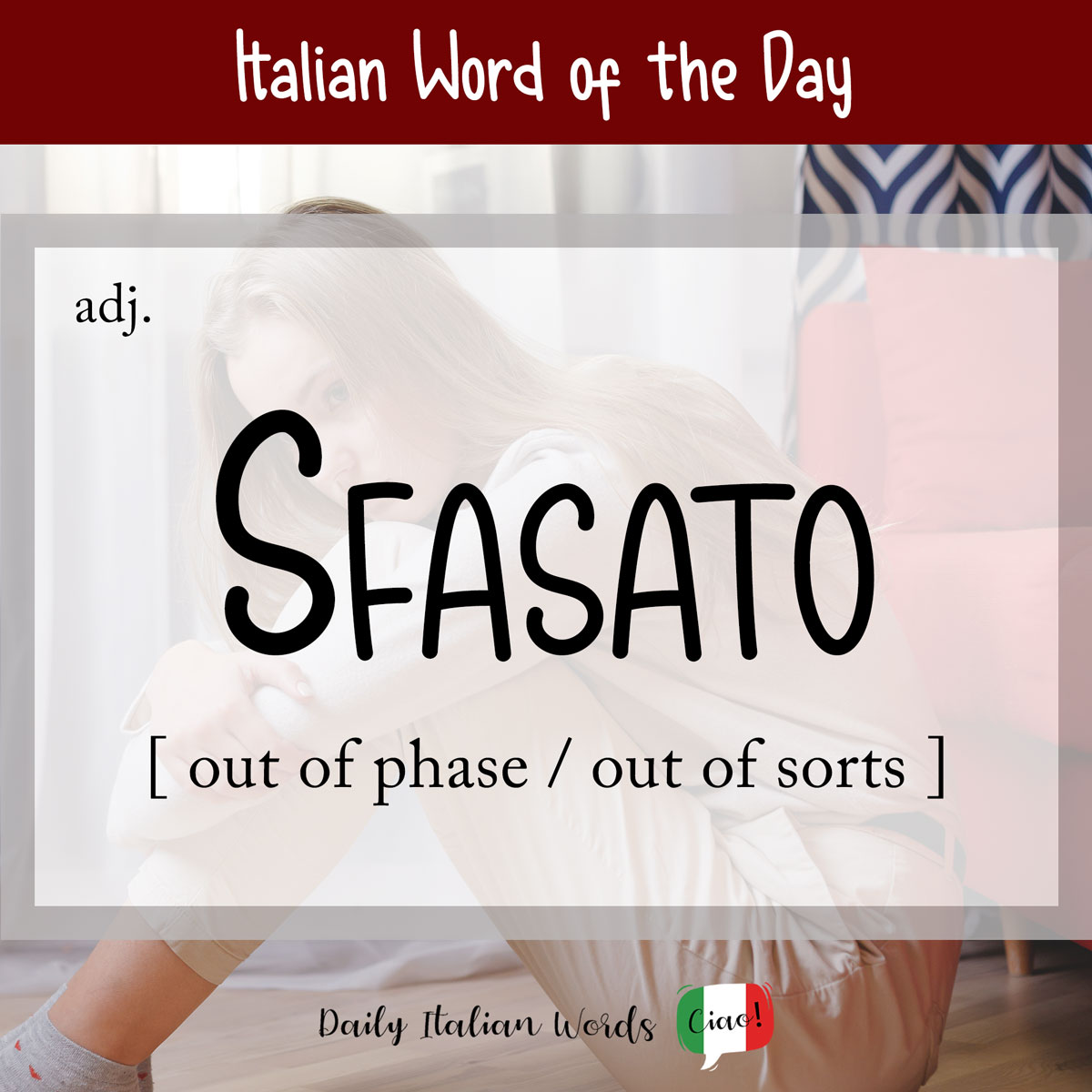Italian Word of the Day: Balordo (stupid / foolish)
Balordo is one of those fun Italian adjectives that you will rarely see in a textbook, but comes up all the time in casual conversation between native speakers. Its etymological origin has not been confirmed. It may derive from the French balourd, which in turn comes from the ancient French beslourd. Learn with our video …






